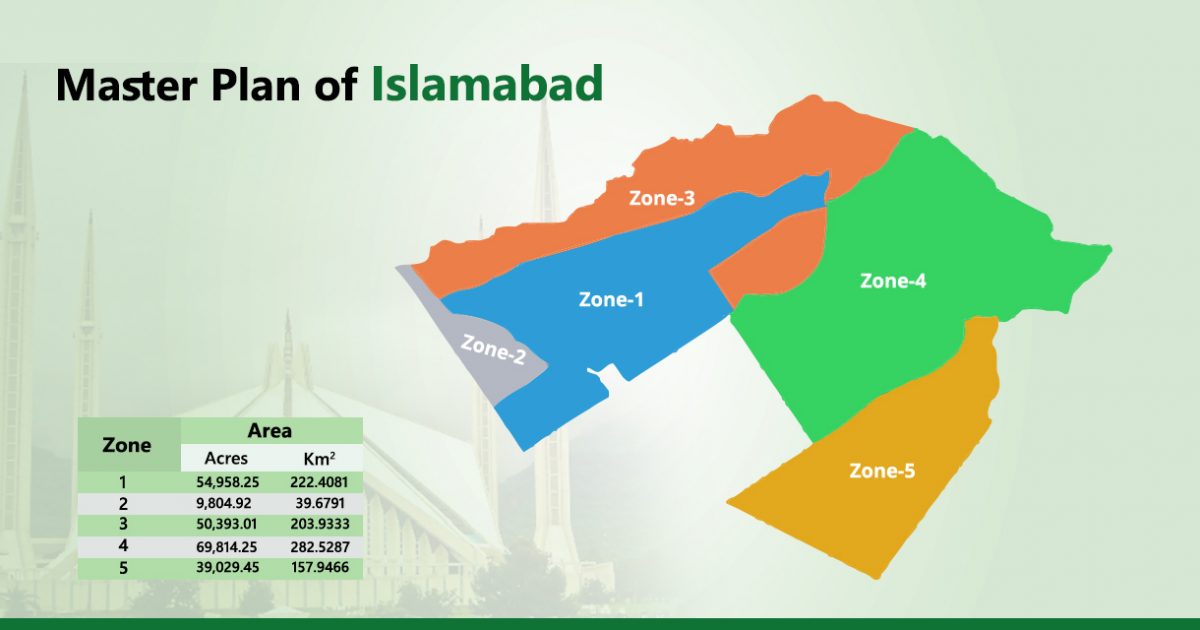Islamabad: A City Well-Planned
Islamabad is the Federal Capital of Pakistan that houses Government Ministries, diplomatic missions, nation and international financial institutions, development sector organizations and a large number of businesses houses and industries. Built as a planned city in the 1960s to replace Karachi as Pakistan's capital, Islamabad is noted for its high standards of living, safety, and abundant greenery.
Political and Geographical Significance
Islamabad is the 9th largest city in Pakistan, while the larger Islamabad-Rawalpindi metropolitan area is the country's third largest with a population exceeding four million. The city is the political seat of Pakistan and local government setup is run by the Islamabad Metropolitan Corporation, supported by the Capital Development Authority (CDA).
Islamabad is located in the Pothohar Plateau in the northeastern part of the country, between Rawalpindi District and the Margalla Hills National Park to the north. The region has historically been a part of the crossroads of Punjab and Khyber Pakhtunkhwa with the Margalla Pass acting as the gateway between the two regions.
How Islamabad Was Planned?
The city's master-plan, designed by Greek architect Constantinos Apostolou Doxiadis, divides the city into eight zones, including administrative, diplomatic enclave, residential areas, educational sectors, industrial sectors, commercial areas, and rural and green areas. The city is known for the presence of several parks and forests, including the Margalla Hills National Park and Shakarparian Park. The city is home to several landmarks, including the Faisal Mosque, the largest mosque in South Asia and the fourth largest in the world. Other landmarks include the Pakistan's National Monument and Democracy Square.
Islamabad is a gamma-global city
It is categorized as very high on the Human Development Index, with an HDI of 0.875, the 2nd highest in the country after Lahore. The city has the highest cost of living in Pakistan, and its population is dominated by middle and upper middle class citizens. The city is home to twenty universities, including the Bahria University, Quaid-e-Azam University, PIEAS, COMSATS Institute of Information Technology and NUST. The city is one of the safest in Pakistan, and has an expansive surveillance system with 1,900 CCTV cameras.
It is a National and Global Attraction
Islamabad has attracted people from all over Pakistan, making it one of the most cosmopolitan and urbanised cities of Pakistan. As the capital city it has hosted a number of important meetings, such as the South Asian Association for Regional Cooperation summit. Construction of the Rawalpindi-Islamabad Metrobus, the region's first mass transit line, began in February 2014, and was completed in March 2015 built at a cost of approximately Rs 24 billion. The main industrial area in Islamabad are located in I-9, I-10 sectors and Kahuta Triangle. The major industries operating in these areas are steel manufacturing, marble, pharmaceuticals, flour, soap and chemicals, oil and ghee, light engineering, IT and food processing etc. Islamabad Stock Exchange, was established here in 1989, which is Pakistan's third largest stock exchange after Karachi Stock Exchange and Lahore Stock Exchange, and was merged to form Pakistan Stock Exchange. The exchange had 118 members with 104 corporate bodies and 18 individual members. The average daily turnover of the stock exchange is over 1 million shares.
Islamabad is a Mega-Hub of Business Opportunities
According to the World Bank's Doing Business Report of 2010, Islamabad was ranked as the best place to start a business in Pakistan. Islamabad's businesses are Pakistan's most compliant for paying tax dues. As of 2012, Islamabad LTU (Large Tax Unit) was responsible for Rs 371 billion in tax revenue, which amounts to 20% of all the revenue collected by Federal Board of Revenue. Islamabad has seen an expansion in information and communications technology with the addition two Software Technology Parks, which house numerous national and foreign technological and information technology companies. Some jobs have relocated from India to Islamabad. Awami Markaz IT Park houses 36 IT companies, while Evacuee Trust houses 29 companies. Islamabad will see its third IT Park by 2020, which will be built with assistance from South Korea.

